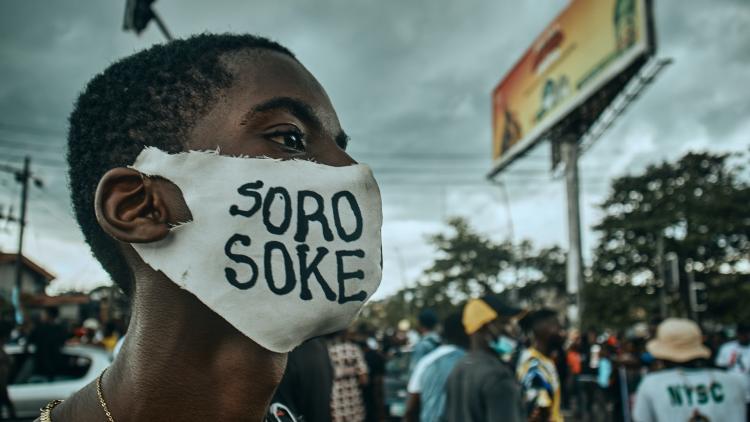Law, Religion, and the State in South Asia

Key information
- Start date
- End date
- Year of study
- Any
- Duration
- Full
- Module code
- 15PLAC129
- FHEQ Level
- 7
- Credits
- 30
- Department
- School of Law, Gender and Media
Module overview
As the most heavily populated region in the world, the Indian subcontinent has always played an important role in world affairs. From being one of the most successful trading nations of the world, to becoming the heart of the British Empire, and now sitting adjacent to the newly world-dominant China, South Asia has always been a region of strategic, cultural, political and economic importance.
This module aims to introduce students to the many ways in which law, religion and the state interact in the subcontinent. We seek to do so by using, as far as possible, authors from the region, and we focus on issues that continue to hold contemporary relevance. We begin by briefly examining the construction of the colonial legal system in South Asia and its lasting legacies today. We analyse the role of religion in the legal systems of the region in two ways: firstly, we examine the increasing rise of religious intolerance and religious nationalism in South Asia and the legislative and judicial responses to these challenges before analysing whether ‘secularism’ can ever truly be at home in the subcontinent.
We also study the impact of religion on personal law and especially the ways in which this affects women. Within the field of personal and family law we discuss themes such as child marriage and polygamy, dowry problems and violence against women, divorce and maintenance and the much-debated issue of uniform civil codes.
The extent to which the interaction between law and the state is mediated and controlled by courts, and quite often by ambitious judges, is a theme that informs many of the topics studied in the second term. Exploring and understanding the role of courts in the formulation of constitutionally guaranteed rights, including the rights to life, to religion and to a clean and healthy environment, is of particular relevance in the subcontinent. The Indian Supreme Court is the cradle of public interest litigation, which by now has become perhaps India’s most important judicial export! Similarly, the rulings of the Pakistani Supreme Court on the legality of coup d’etats and on the role of Islam in its legal system have found global recognition and debate.
From the perspective of constitutional law, we cover topics such as public interest litigation, caste discrimination and affirmative action, environmental law, and freedom of religion in these countries. Lectures mostly focus on India or Pakistan, but there is scope to study some of the smaller countries of the region if there is student demand.
As an interdisciplinary law module, this module fits well into the MA South Asian Area Studies programme and allows students to supplement their socio-political studies with detailed analysis of legal material. Students who take this module as part of a postgraduate MA/LLM in International Law or Human Rights Law will find the comparative study of South Asian legal developments very relevant within a wider international human rights context. Since the module involves extensive study of Muslim Personal Law in the subcontinent, it also fits well into individual study programmes focused on Islamic law.
Prior knowledge of law is not a prerequisite for the module. We welcome any students who have an interest in legal and social issues of the Indian subcontinent.
Objectives and learning outcomes
On successful completion of the module, a student will:
- Have acquired a sound knowledge of South Asian legal systems and an advanced understanding of their origins, functions, and impact
- Be able to apply critical and social theories to the analysis of South Asian laws, with particular focus on the role of South Asian laws as means of achieving social change and social justice
- Be able to illustrate the contextual nature of South Asian laws and to select appropriate theoretical bases for examining the nexus between law and culture, identity, religion, economy, and politics
- Be able carry out interdisciplinary analysis of South Asian legal issues with an appropriate awareness of the purposes and limits of such a methodological approach
- Have developed critical skills in dealing with cases, statutes, primary and secondary sources, and solving the specific problems presented by such materials in South Asian contexts
- Be able to carry out advanced independent research in the field of South Asian laws, aimed at explaining change and dynamics, making inferences about cause and effect through systematic comparison of cases and analysis of data
Workload
- Weekly 2-hour seminar
Method of assessment
- 1500 word book/film review: 30%
- 5000 word research essay: 70%
Disclaimer
Important notice regarding changes to programmes and modules.



